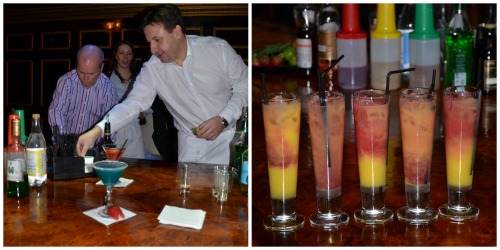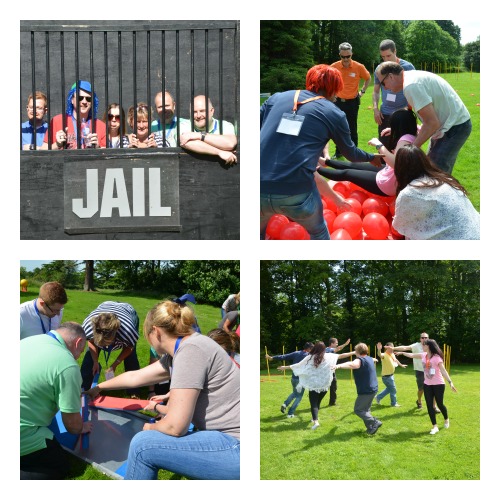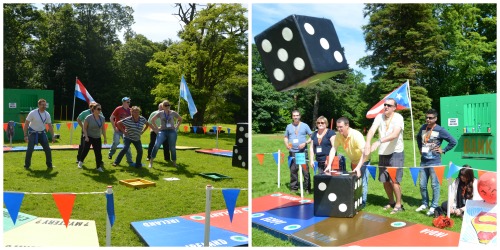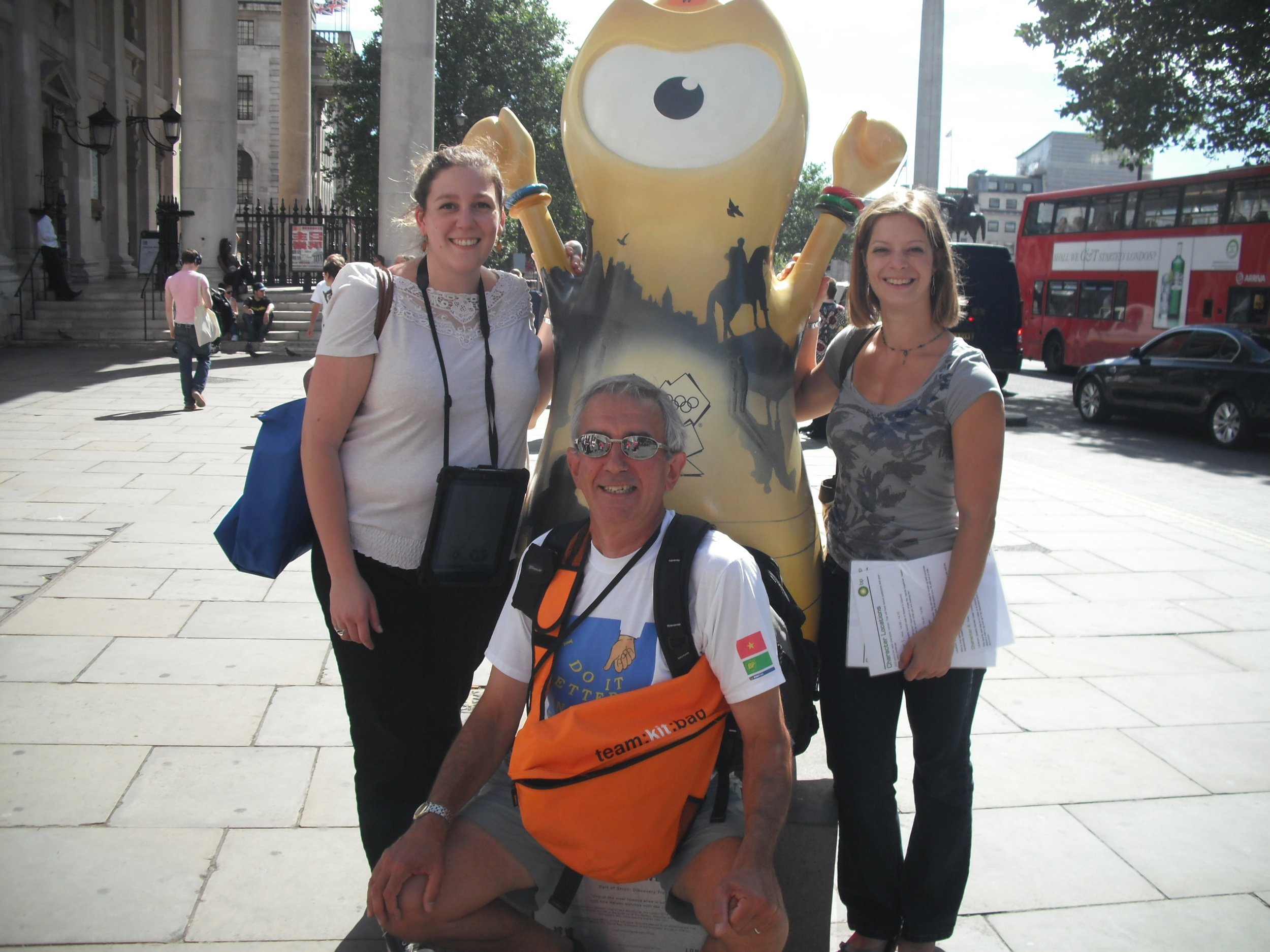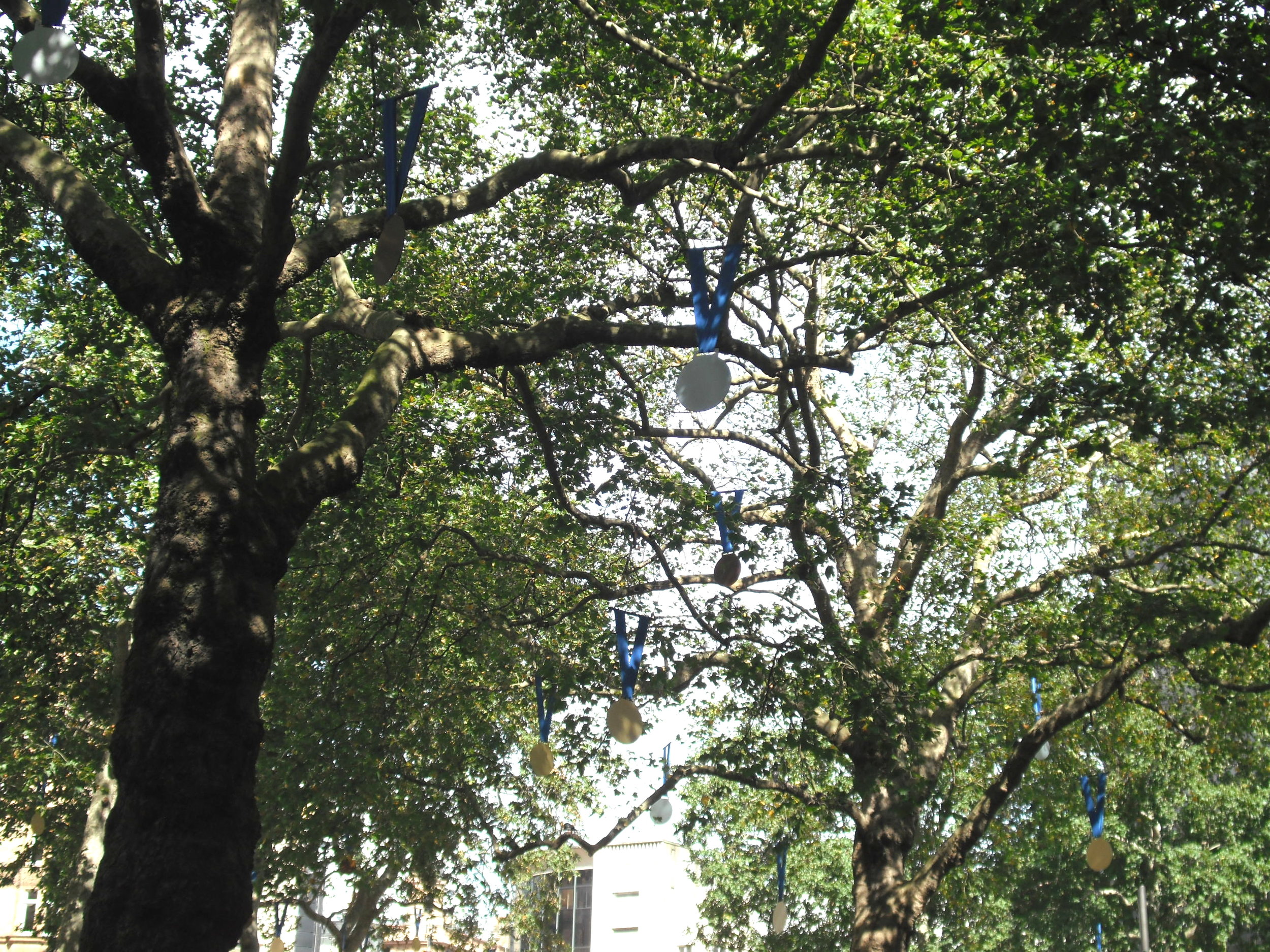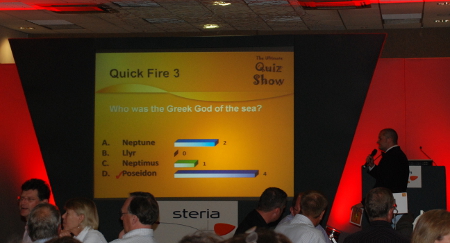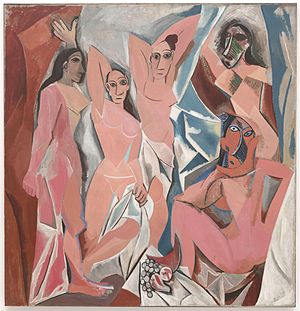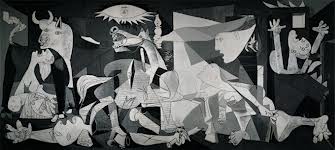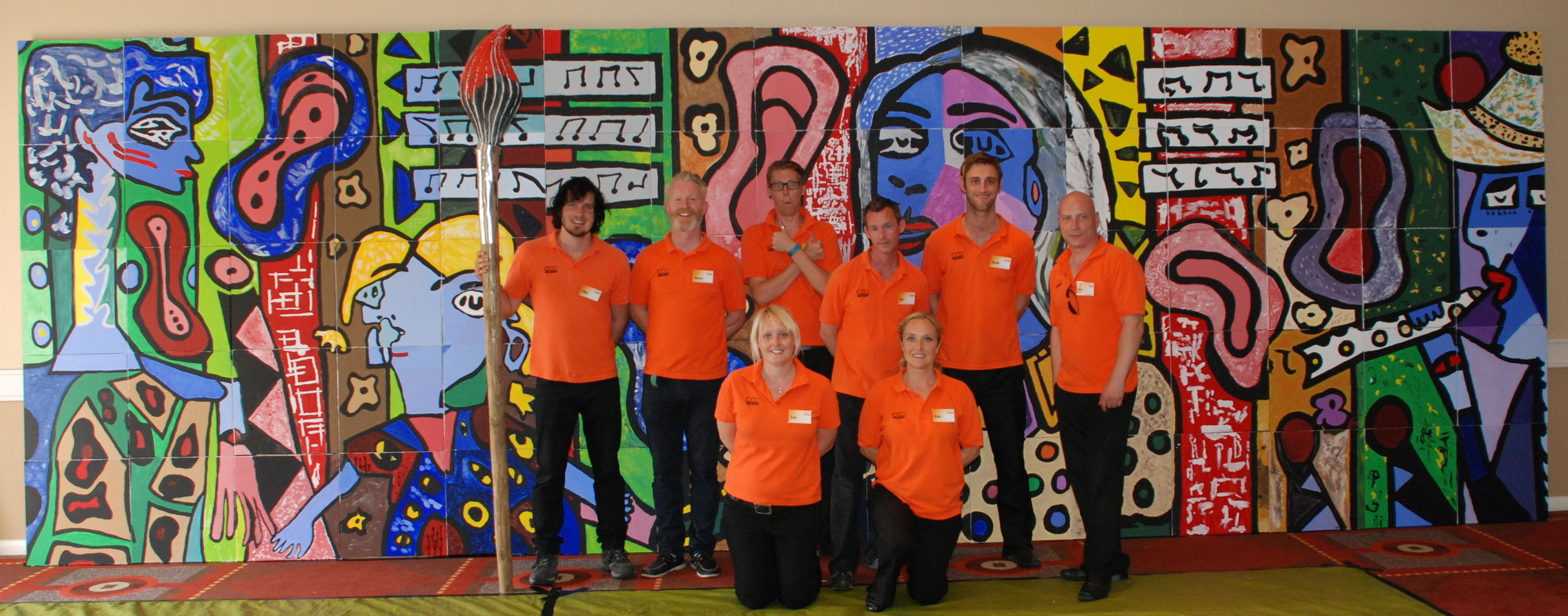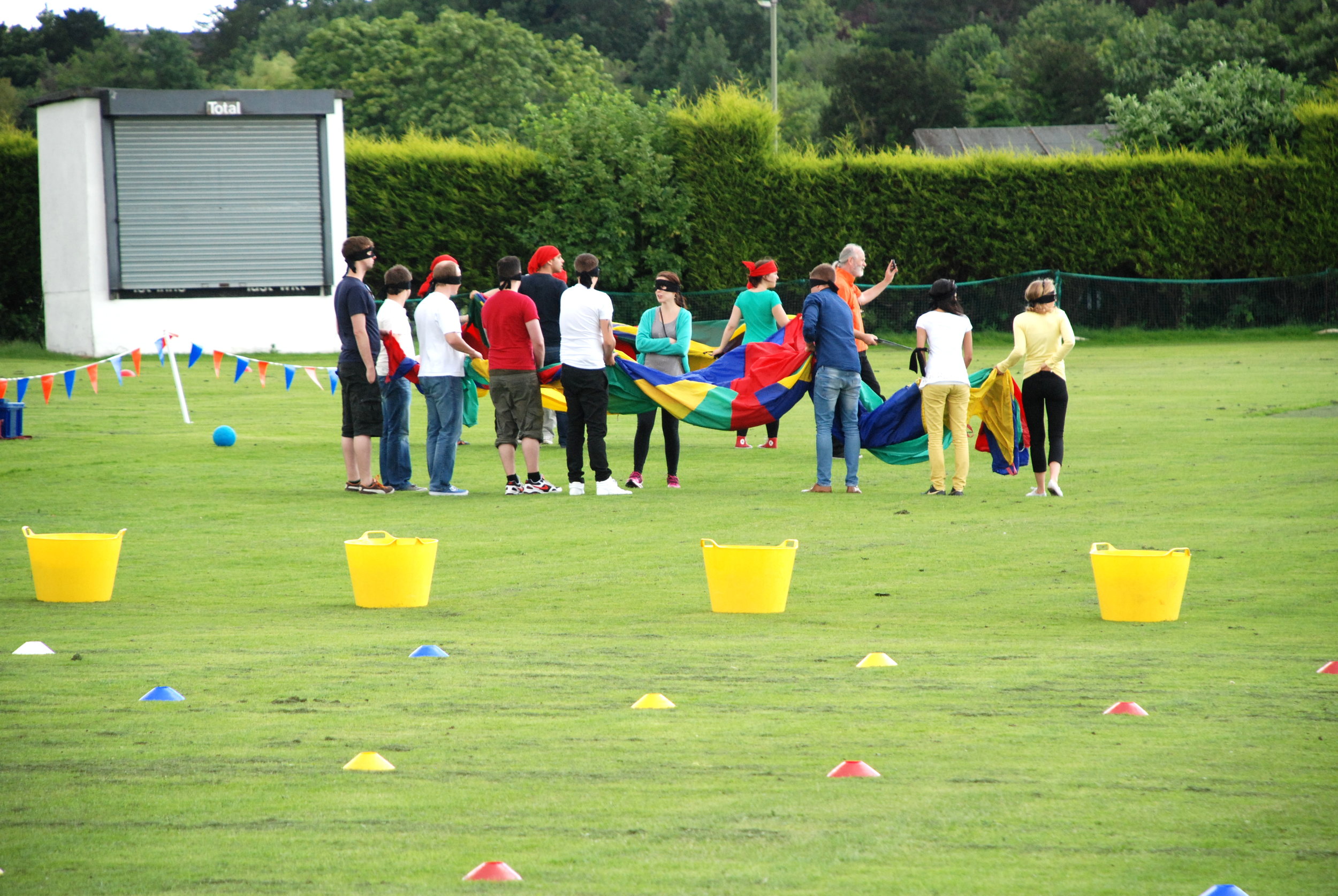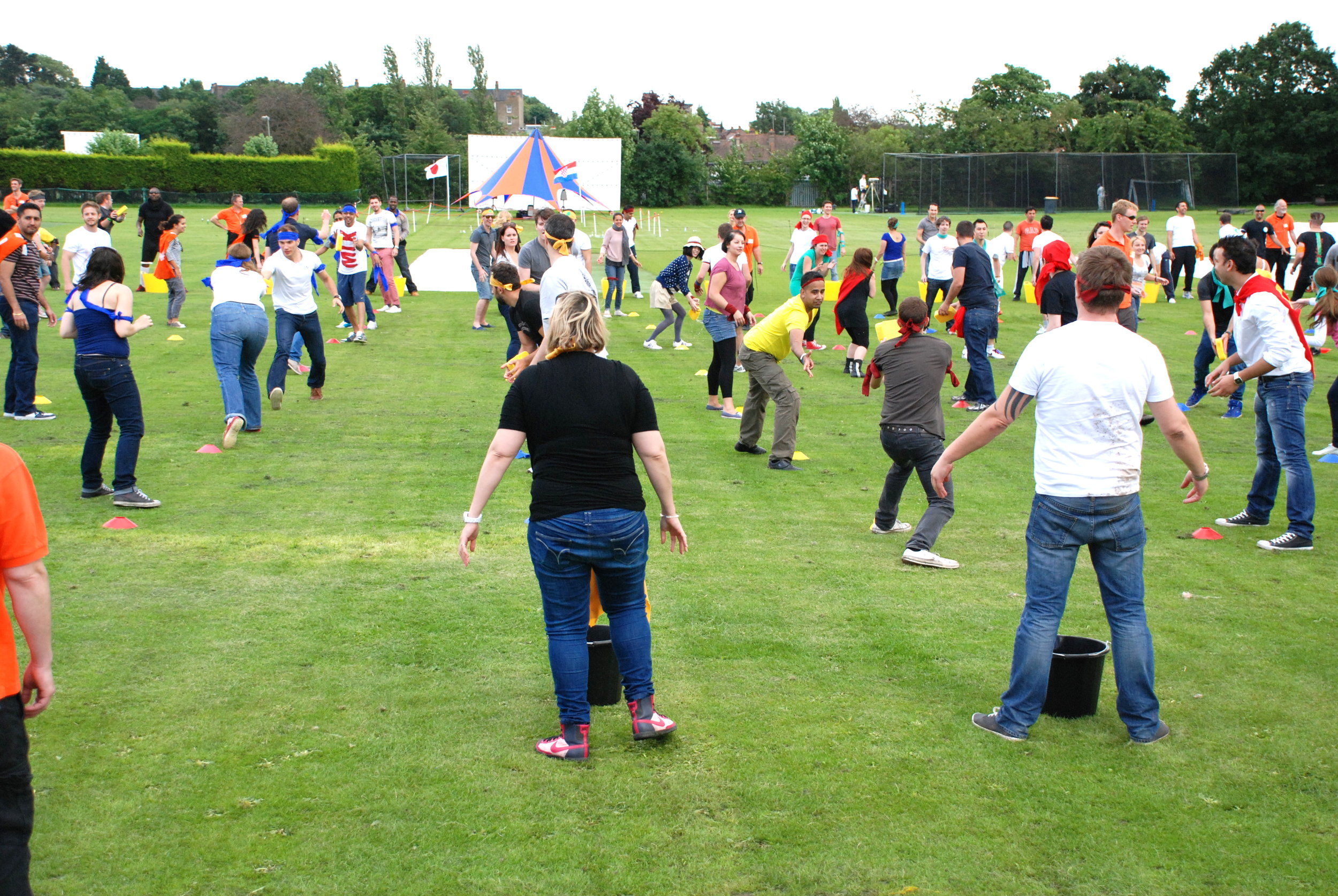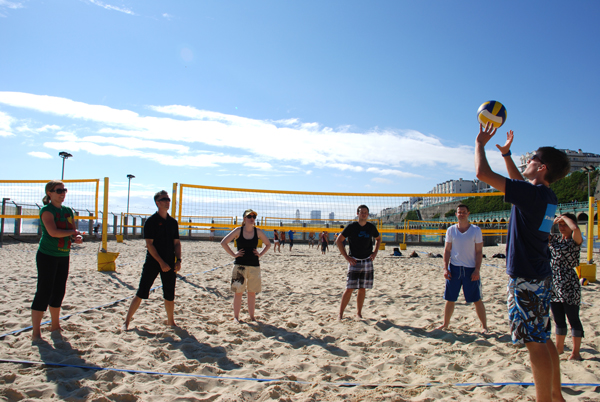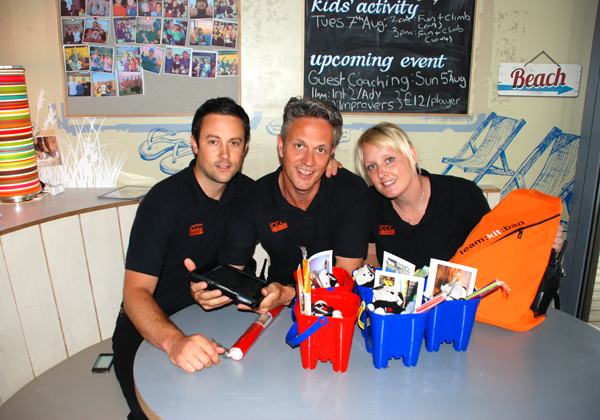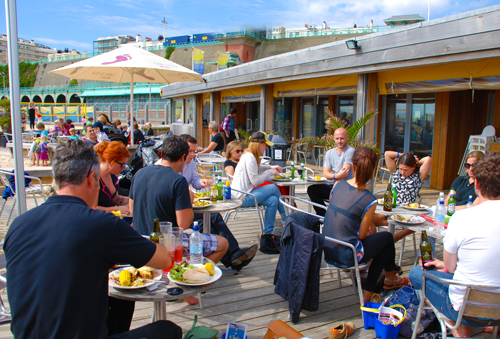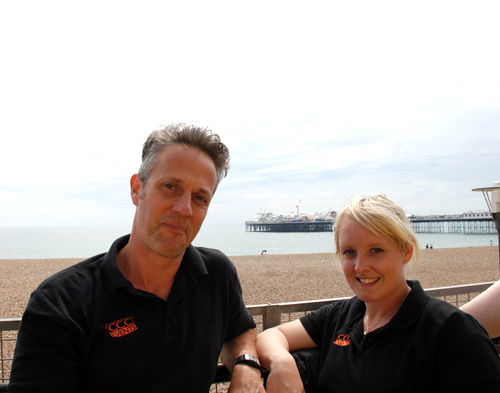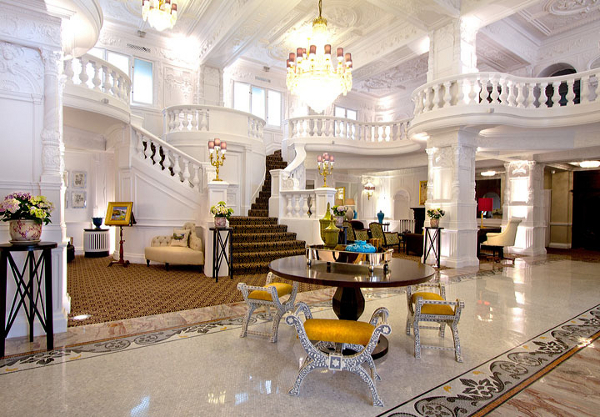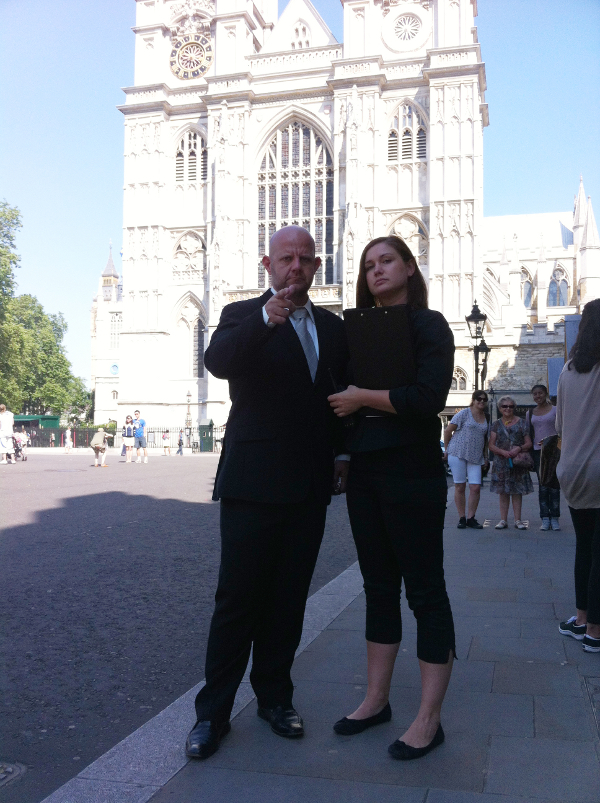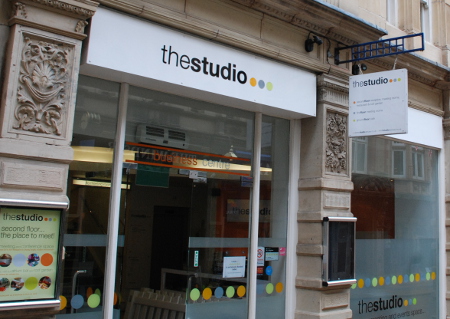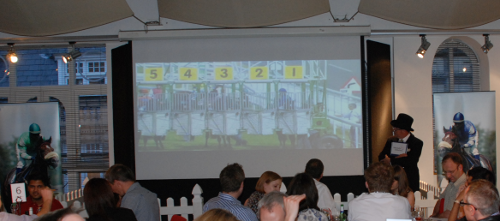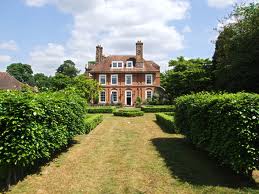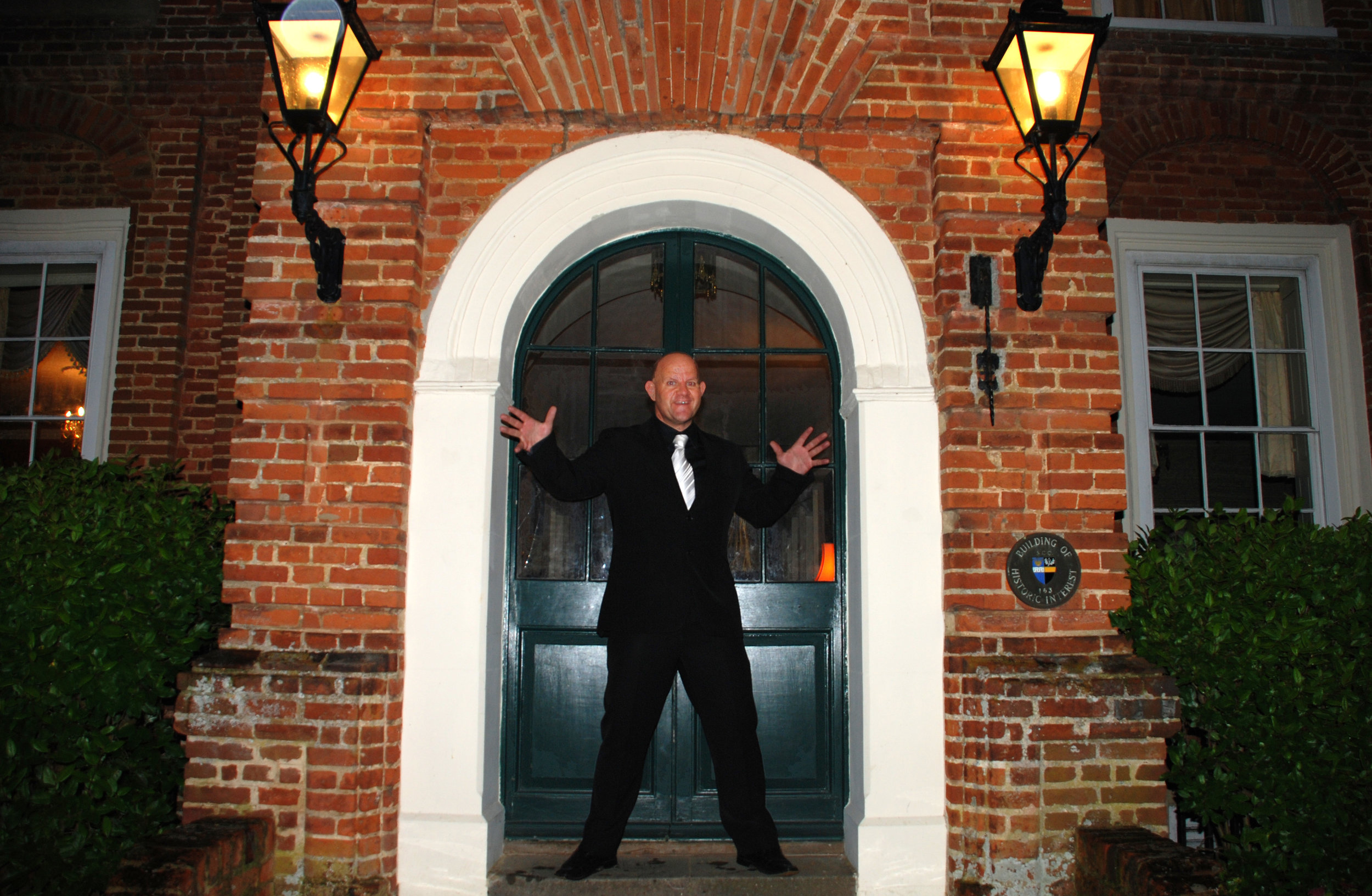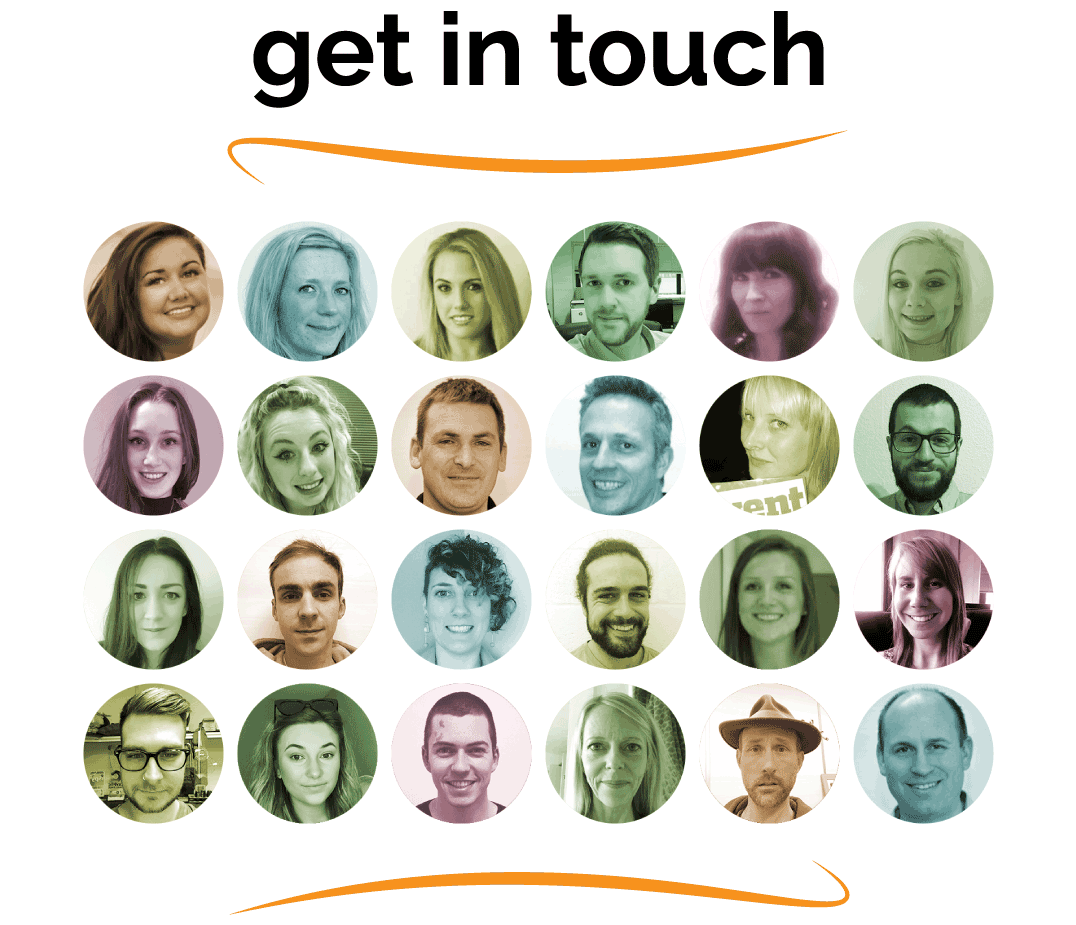Here at CCC Events we like to keep abreast of all things team building, so were fascinated by this article in The Telegraph which claims that Stonehenge in Wiltshire may have been the product of the world's first team-building exercise. Rather than being a place of worship, it may have been that it was the process of building Stonehenge that was important to it's creators, rather than the end product itself. And what better way to boost motivation and personal bonds than by creating one of the planet's most mystical and significant landmarks together?

This got us thinking about how the process of doing something as a team is the backbone of a successful team building event. Nearly all of our events have a competitive edge, which makes being the winning team the ultimate goal of the day, and that's great: it gets people involved, spurring enthusiasm and commitment. But when it comes to achieving the more subtle aims of team building - forming bonds, breaking the ice, working together - it's the process of teamwork, rather than the end product, that counts.
Take our Cryptic Challenge as an example. Teams tackle numerous challenges, including fiendish puzzles and more physical tasks, all in the hope of being the Cryptic Challenge Champions. But in the process, they must employ a wealth of valuable team qualities; communication, trust, teamwork and even humour. Often, they don't even notice it's happening, but by the end of the event they've laughed together, spoken to new people, and overcome obstacles in a fun and relaxed environment.
The Telegraph's article also suggests that the Stonehenge site was uninhabited for most of the year. Rather than tackling the building of Stonehenge in one go, the article claims that people came together a couple of times a year to meet up and work together. Modern team building is strikingly similar: it is of course necessary to spend most of the year doing our day-to-day jobs, but coming together once in a while to tackle something entirely different not only brushes away the cobwebs, it also allows people to socialise away from the usual stresses of working life. Providing a fun common goal provides a focus to the day, and helps to form bonds between colleagues, which in turn makes for a more efficient team and better productivity in the long run.
So it turns out that we aren't all that dissimilar to our ancestors from 4,500 years ago. Every once in a while, it benefits us to team up, work together and have some fun... just like they did.
For ideas on how team building can benefit your team, check out our website or call 0845 006 06 06 for a chat with our sales team.
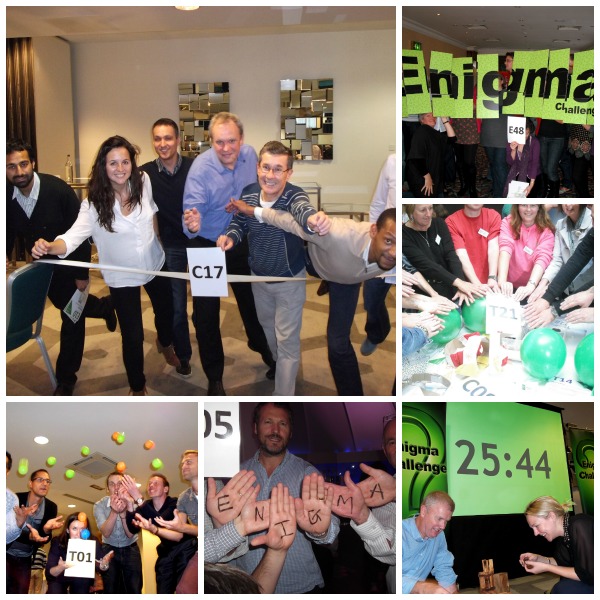

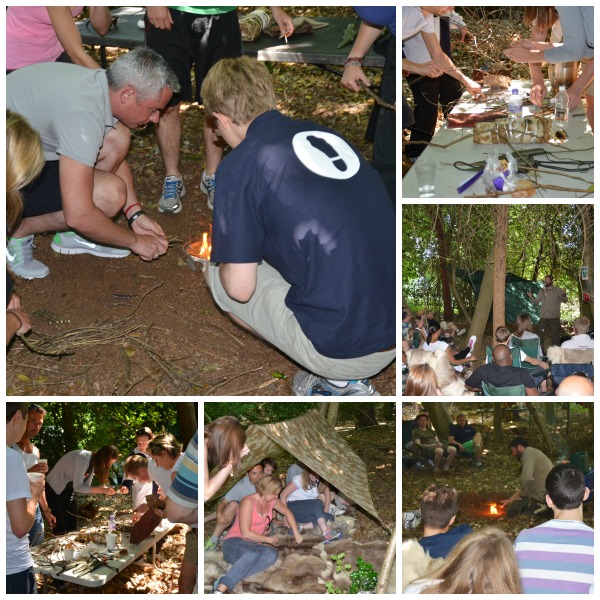
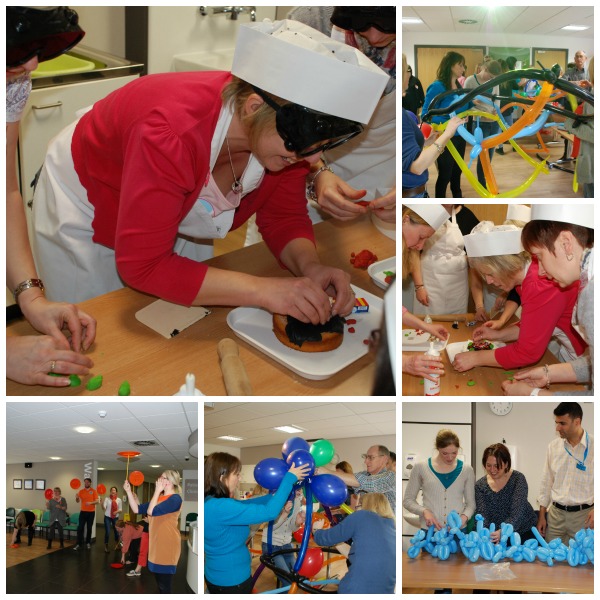
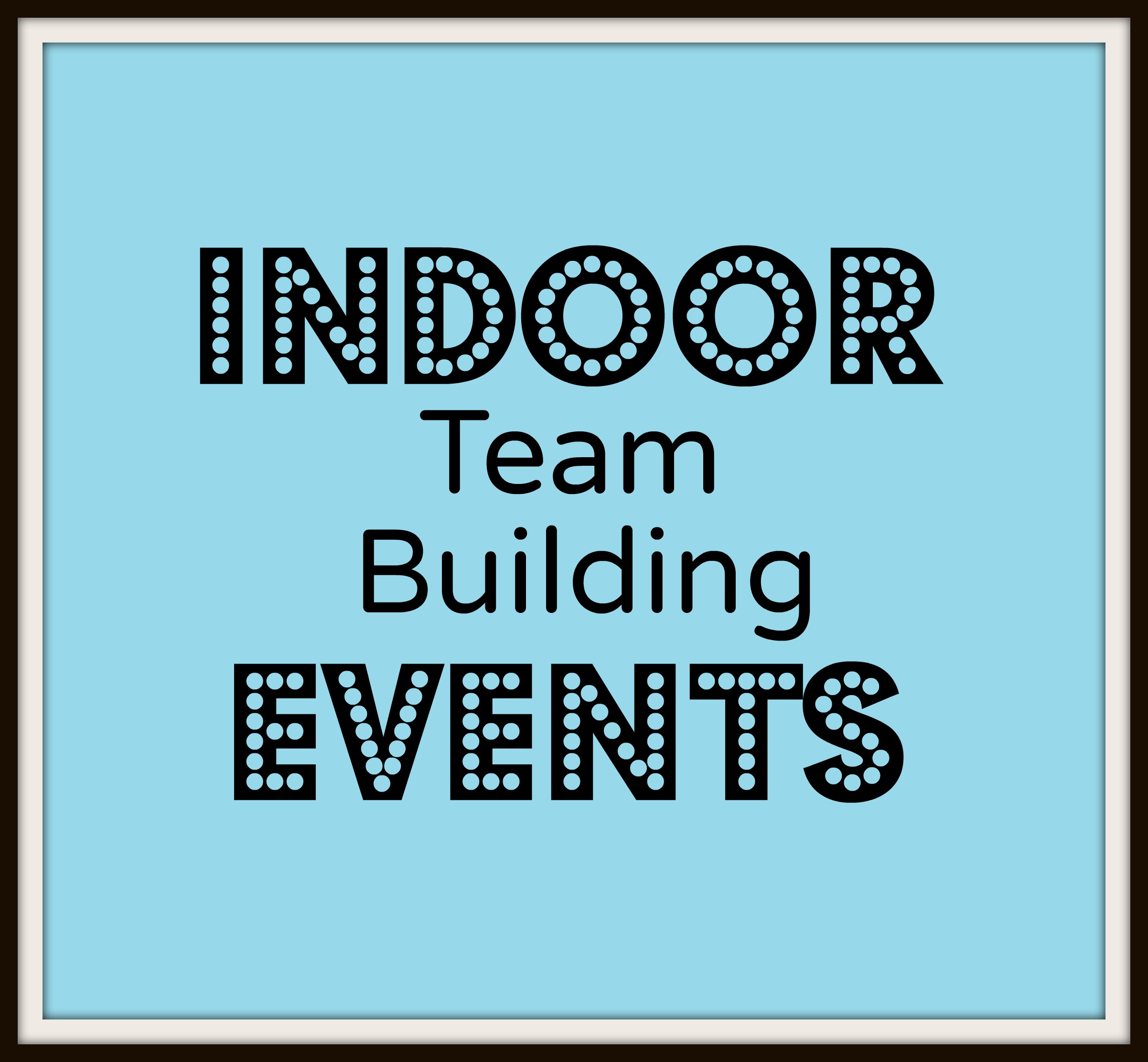
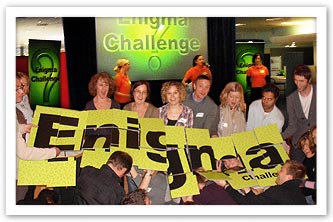
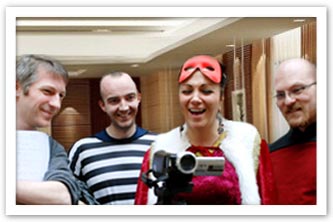
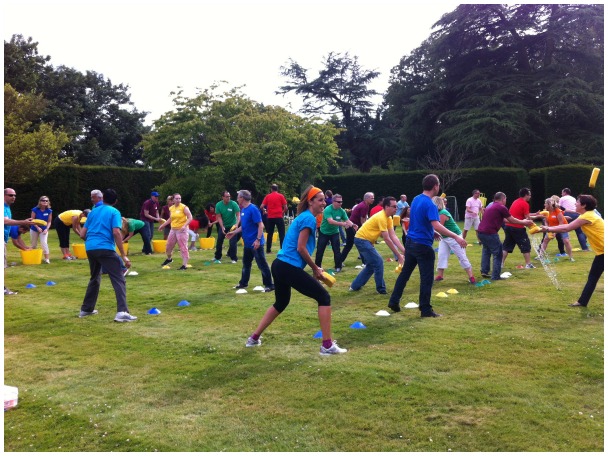 A flashback to sports days of old, guests form teams and compete in a variety of challenges, from giant egg and spoon races to football freekick frenzy, to our own unique take on shot put, discus, and relay races!
Here's what our client had to say:
A flashback to sports days of old, guests form teams and compete in a variety of challenges, from giant egg and spoon races to football freekick frenzy, to our own unique take on shot put, discus, and relay races!
Here's what our client had to say: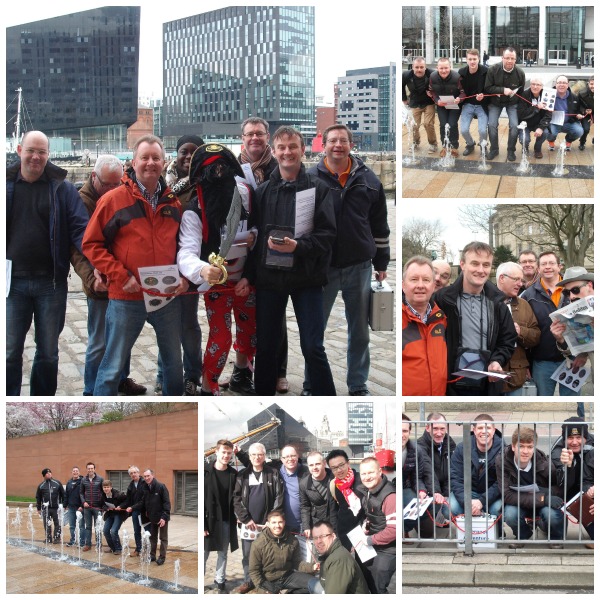
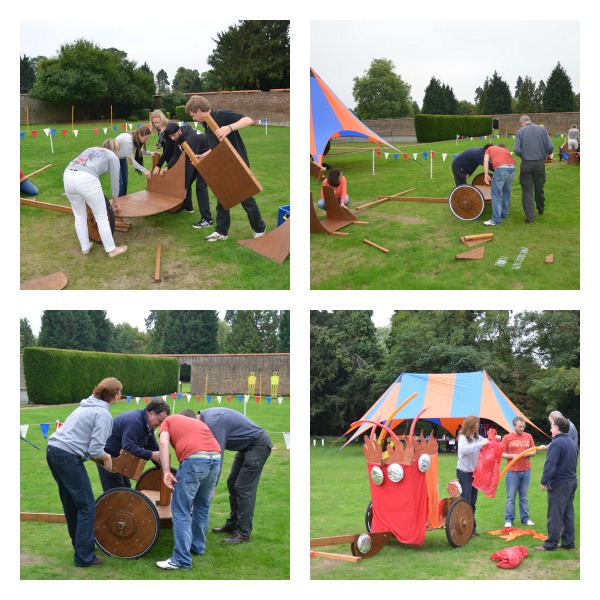 The first challenge for the guests is to assemble their chariots from the high quality kit provided - there are no instructions for this so each team must work together to achieve their goal.
The first challenge for the guests is to assemble their chariots from the high quality kit provided - there are no instructions for this so each team must work together to achieve their goal.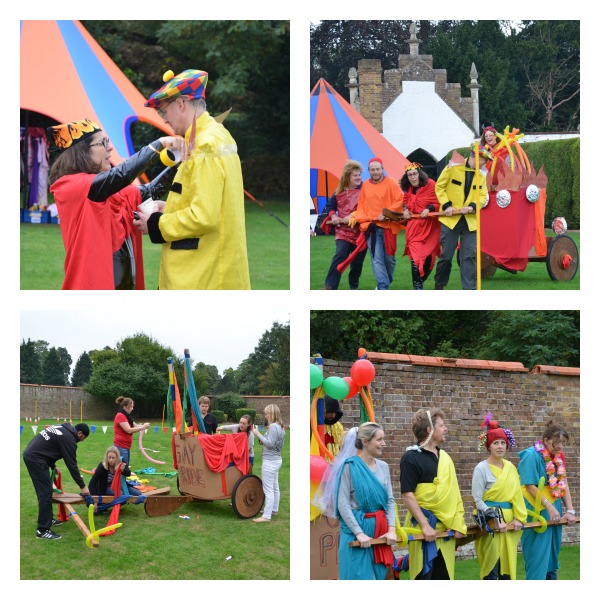
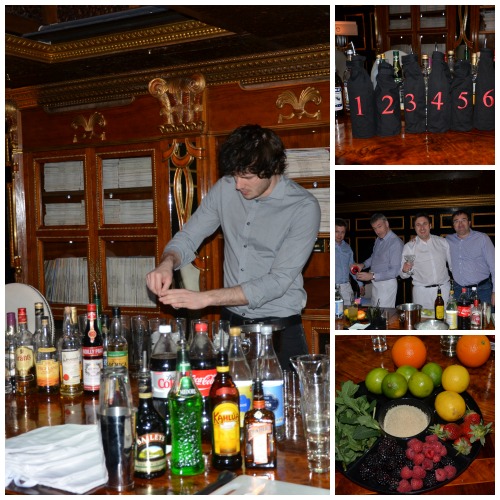 Club Cocktail is a great piece of
Club Cocktail is a great piece of 